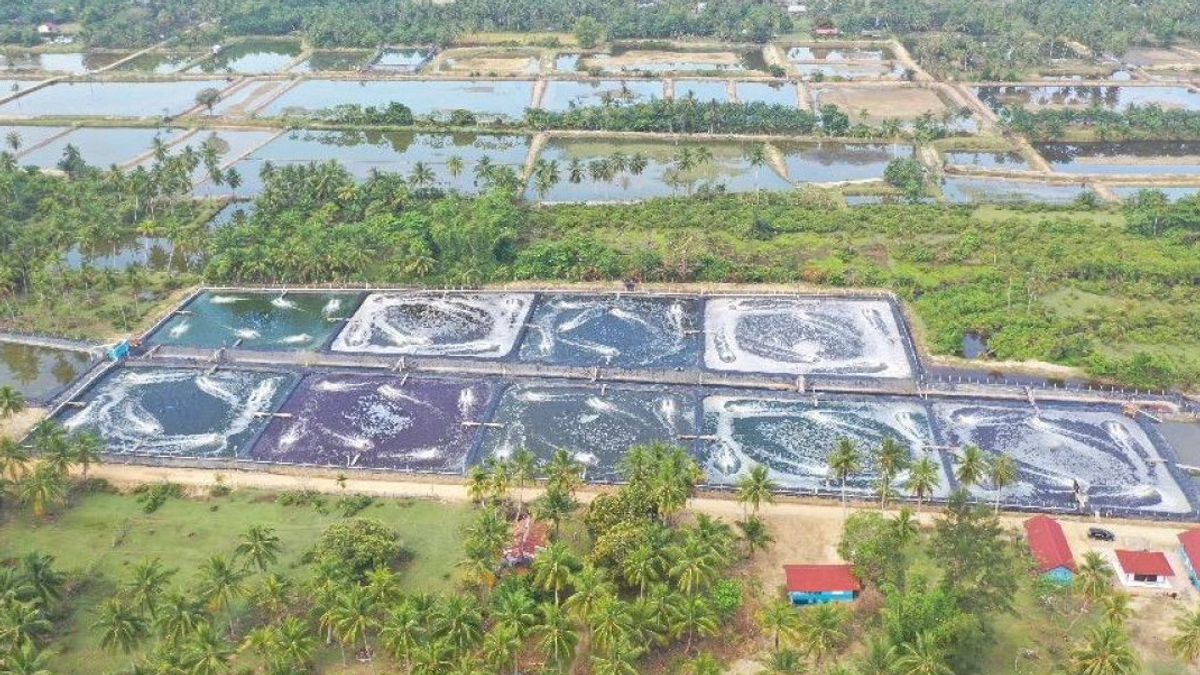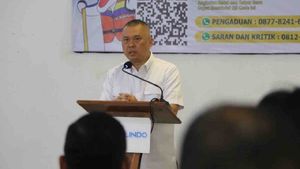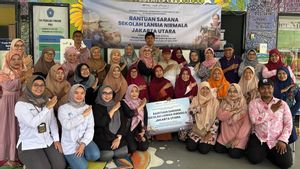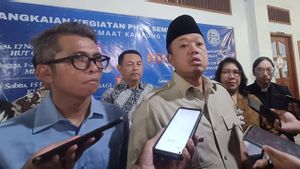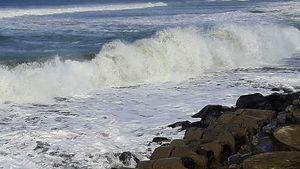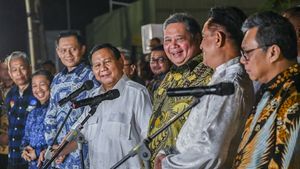JAKARTA - The Ministry of Maritime Affairs and Fisheries (KKP) has opened its voice regarding the large-scale shrimp farming program or cultivation scheme which is considered to damage the mangrove ecosystem in Indonesia.
Spokesperson for the Minister of Maritime Affairs and Fisheries (KP) Wahyu Muryadi also denied this. This is because the shrimp estate, which has been built in Kebumen, Central Java (Central Java), is one proof that the program has not damaged the surrounding mangrove ecosystem.
"(Not damaging), really. Right, (shrimp estate) in Kebumen covering an area of 60 hectares (ha) in collaboration with the local government (Pemda). Installation of wastewater treatment from cultivation is also processed environmentally friendly," Wahyu told VOI, Thursday, January 25.
Wahyu added that so far there have been no plans for the development of available estates using land with conditions to own or be close to mangrove forests.
"For the shrimp estate plan in Waingapu, NTT, it will also utilize unproductive land there and there will be no mangrove forest," he said.
According to Wahyu, so far the government through the KKP has only used unproductive land for the development of the shrimp estate program.
"The location (shrimp estate program) is an unemployed and unused local government land, so it will cooperate with the KKP," he added.
As previously reported, the Indonesian Environmental Wahana (Walhi) said that the large-scale shrimp farming program or cultivation scheme would damage the mangrove ecosystem in Indonesia.
Coastal and Marine Campaign Manager Walhi Parid Ridwanuddin said the program was not much different from the food estate which was proven to have damaged the environment.
The difference, said Parid, was that the program was carried out on the coast, while the food estate was on land.
SEE ALSO:
"So, on land, in the forest (food estate) we know it failed. Well, the failure is to be repeated on the coast," Parid said at a press conference in Jakarta, Tuesday, January 23.
Parid said the shrimp estate program was mainly focused on vaname shrimp. This is because this type of shrimp has a large market share, both abroad and domestically.
This is what prompted the government to initiate the shrimp estate program.
The English, Chinese, Japanese, Arabic, and French versions are automatically generated by the AI. So there may still be inaccuracies in translating, please always see Indonesian as our main language. (system supported by DigitalSiber.id)
